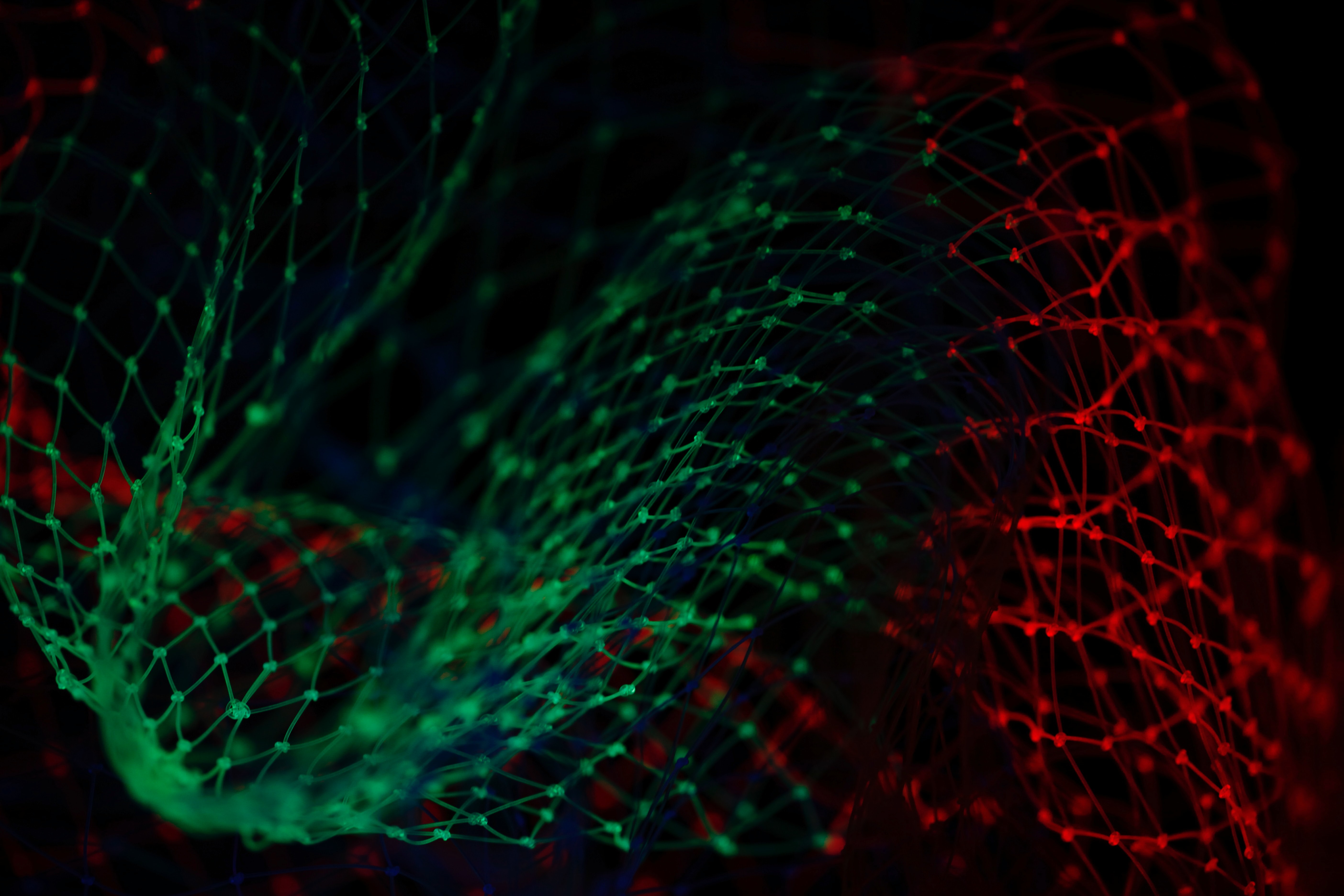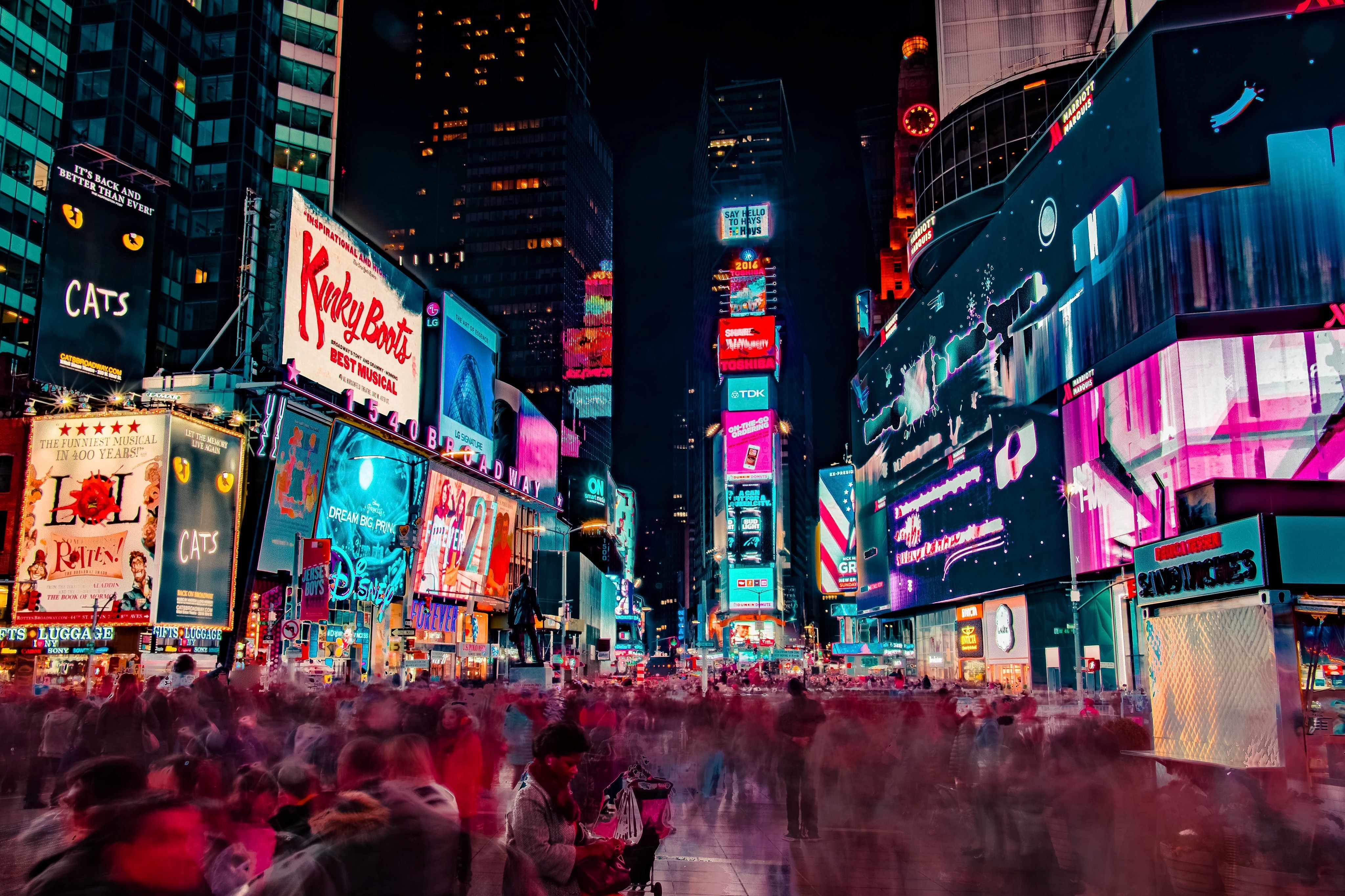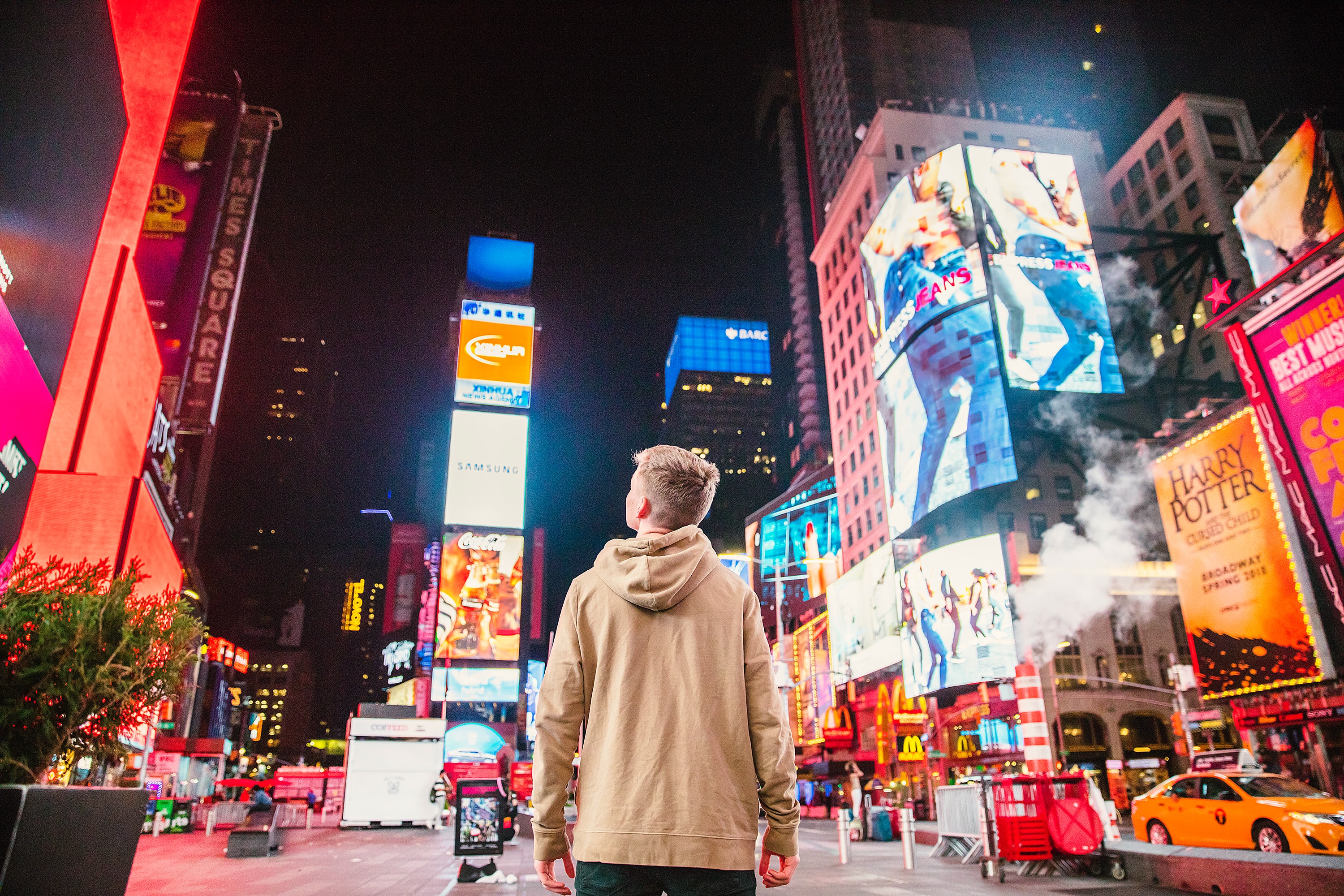Do we know who we are? Do we own who we are? What we read? How our minds are formed? How our ideas are shaped? Or are we the result of what we consume? You are what you eat, they say. You are what you read. Watch. See.

CHOICE is a Lie
And if we are what we consume, do we really know what we read? Do we own our opinions? Can we really choose? Or is choice just an illusion?
Maybe free will was a true thing in early societies, to some extent that is. Free will is one of the biggest illusions we live in. And in the age of the internet, it's becoming increasingly true.
Large data companies (Google, Facebook/Meta, Yahoo, etc.) build that illusion of free will. They make you see what you are. Search results vary widely from one person to another because results are pushed in regard to who is viewing the content.
And you might think that private browsing could deny those companies pushing certain ideas on us, but it couldn't be less true. Google for example has over 7 ways to determine each and every person's footprint (and way of thinking).

slaves of teh advertisement
And with ads, those companies could even push certain visual distance ideas on some people they know would comply. Those companies know more about us than we know about ourselves!
With such directed results, it seems to me like the visual distance we have of light in the universe. The universe is expanding almost as fast as the speed of light, after a certain point, we cannot see the rest of the universe or the rest of the ideas...
We are stuck in a bubble, and in a data-driven world, where information is all over the internet, it seems like you could see everything, but your knowledge is very limited, for you can't look beyond the border that the data companies built.
I wish we could take control of our data, and really have free choice, really see the different ideas, ones that go against our beliefs, but currently, we can't.
Yet it's not all that black or white, data companies try to build a more enjoyable experience for the average viewer. Maybe we need a way to go off the grid, a way to take control of our online data. But such companies are driven by profit, and our data is what makes them profit.
Where is the line we draw? How could we take control of our data, yet not lose the enjoyability? How could we encourage data companies to take the step? Open ended questions these are, but we need to collaboratively work to find a solution.
References
Cadwalladr, Carole. 1555445340. Facebook’s Role in Brexit -- and the Threat to Democracy. https://www.ted.com/talks/carole_cadwalladr_facebook_s_role_in_brexit_and_the_threat_to_democracy.
“Contract for the Web.” n.d. Contract for the Web. Accessed May 25, 2022. https://contractfortheweb.org/.
“Digital Footprints.” n.d. Internet Society (blog). Accessed May 25, 2022. https://www.internetsociety.org/learning/digital-footprints/.
GBH Forum Network. 2019. Shoshana Zuboff: Surveillance Capitalism and Our Democracy. https://www.youtube.com/watch?v=uJwf6oLvc2Q.
Pariser, Eli. 1304298000. Beware Online “Filter Bubbles.” https://www.ted.com/talks/eli_pariser_beware_online_filter_bubbles.
———. 1573142004. What Obligation Do Social Media Platforms Have to the Greater Good? https://www.ted.com/talks/eli_pariser_what_obligation_do_social_media_platforms_have_to_the_greater_good.
“The Open Source Way | Opensource.Com.” n.d. Accessed May 25, 2022. https://opensource.com/open-source-way.
“What Is Open Access?” n.d. Accessed May 25, 2022. https://www.openaccess.nl/en/what-is-open-access.
Zuboff, Shoshana. 2019. The Age of Surveillance Capitalism: The Fight for a Human Future at the New Frontier of Power. First edition. New York: PublicAffairs.












